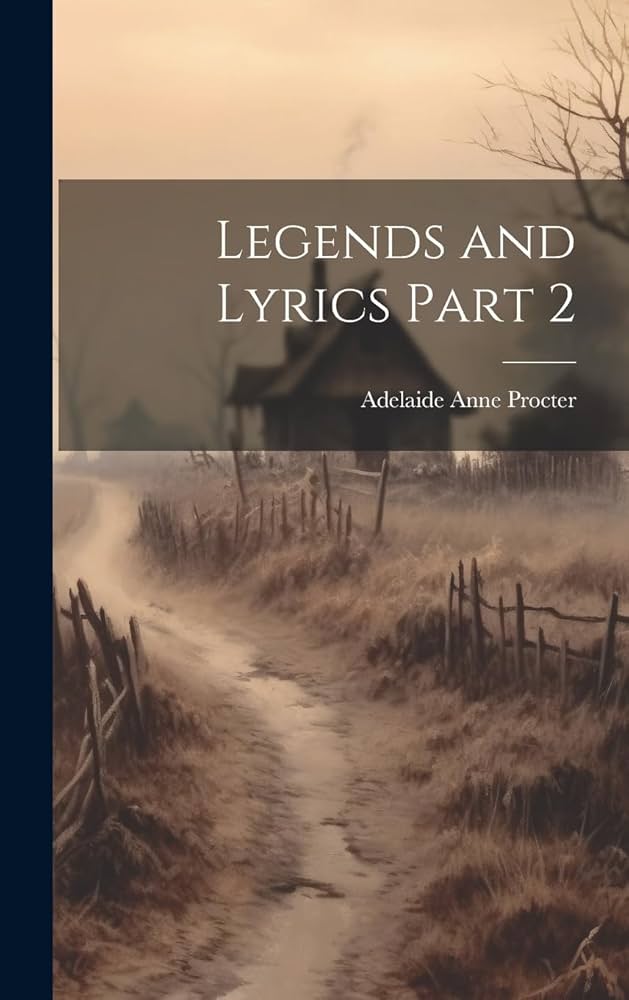VERSE: Philip and Mildred
byPhilip and Mildred opens in a moment marked not by celebration, but by sorrow cloaked in tenderness. In the hush of early evening, the two lovers walk slowly through a valley that once echoed with the laughter of their shared dreams. This was to be their wedding day, yet instead of vows before family, they exchange promises beneath a darkening sky. Philip, drawn away by recognition he never sought but cannot refuse, leaves not for glory but for purpose. Mildred, though aching with loss, urges him forward, believing that love must support, even at the price of separation. The decision, made with tears and pride, becomes the quiet cornerstone of both their futures.
The letters Philip sends are warm, thoughtful, and vivid, painting scenes of discovery and intellectual triumph. They lift Mildred’s spirit and keep her heart tied to a man whose world now spins far beyond her own. Each letter becomes both comfort and contrast—proof of his love, but also a reminder of her solitude. His words speak of crowds, ideas, and cities, while hers remain grounded in gardens, seasons, and village news. She tells herself the difference is temporary, that soon they will reunite and write new pages side by side. Yet with each passing season, she feels the widening of an invisible space, harder to ignore.
Years eventually bring Philip home, adorned with success and quiet confidence. He is generous, attentive, and unwavering in his affection. Mildred, once filled with longing, now wrestles with a different kind of grief—the ache of unfamiliarity in someone so familiar. They marry, and she moves with him to the city, where walls are higher and silences deeper. Their home is well-furnished and their life stable, but something essential feels missing. She searches for the rhythm they once shared, but it no longer exists between them.
Mildred keeps her thoughts guarded, believing that love must sometimes endure the absence of perfect connection. Philip still cares, still smiles the way he used to, but his world is built on a foundation she cannot stand on. In his quiet hours, he writes essays and hosts thinkers, while she sits with a book unread, unsure of her place in this life. She realizes he has not stopped loving her, but his love now resides in a different realm—one of abstraction, intellect, and forward motion. She loves the man beside her but mourns the boy she once knew. Their bond, once rooted in simplicity, now feels like a thread pulled taut by time.
As months roll into years, Mildred’s inner voice grows clearer. She is not bitter, only quietly aware. They have not failed each other, but life has led them down diverging roads. In some moments, Philip reaches for her hand, and she takes it, grateful that affection remains. But the intimacy she craves is no longer there—conversation that once bloomed now stalls under the weight of unspoken truths. She is not unloved, but she is unseen in ways that matter most. And in that understanding, a new kind of solitude settles in.
She often recalls the valley of their farewell—the softness of the wind, the strength in Philip’s voice, the faith she had in their future. That memory remains untouched, a chapter separate from the one they now live. Mildred learns that sometimes love is not lost, but transformed beyond recognition. It can endure without flourishing, stay present without being complete. What remains is a quiet dignity, a commitment not to each other’s dreams, but to each other’s presence.
Through Mildred’s journey, the story reflects a universal truth about love and change. Time, while deepening love’s roots, can also stretch its branches too far for comfort. Philip did not mean to drift, and Mildred did not mean to stay behind—but neither could help what life demanded. In the end, their story is not tragic, but deeply human. It invites readers to consider that love, while powerful, does not always bridge every distance. And sometimes, the greatest act of love is letting go of what was, to honor what is.

